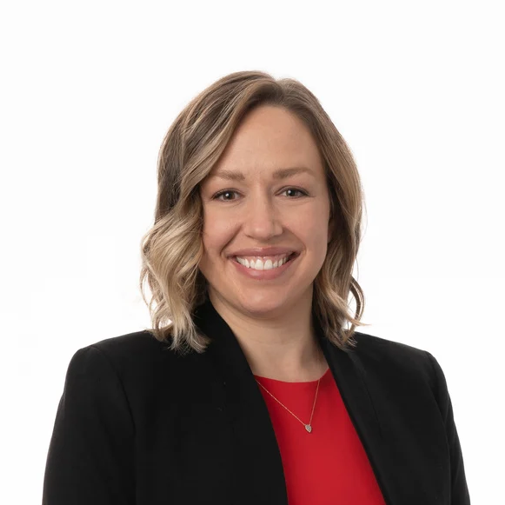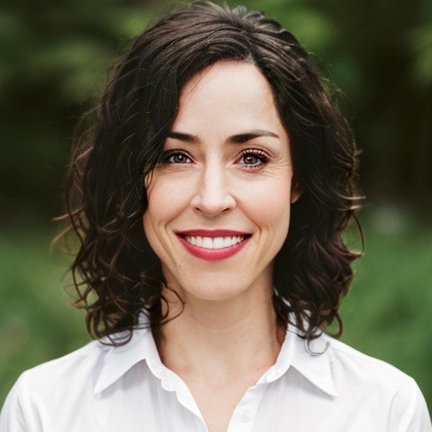About PIPC
The Public Interest Privacy Center equips stakeholders with the insights, training, and tools needed to cultivate effective, ethical, and equitable privacy safeguards for all children and students.
Our vision is that high-impact stakeholders at every tier will have the information and tools necessary to protect all children’s fundamental right to privacy. By educating and equipping these stakeholders and fostering a culture of privacy, PIPC will help create an environment where all children will enjoy privacy-protected benefits of emerging technologies and data use.
The child and student privacy legal and practical landscape is undergoing rapid, continual change.
While educators and school administrators grapple with understanding and applying new technologies and data sharing practices within the classroom, new child privacy protections are being introduced in federal and state legislation on an almost-weekly basis. With over 130 state student privacy laws passed since 2014 and new federal regulations on the horizon, education stakeholders have struggled to stay on top of legal and practical implications. With more attention being paid to privacy and technology issues at all levels, there is a growing critical need for accessible and practical guidance and technical assistance.
PIPC was founded in 2022 by child and student privacy expert Amelia Vance. PIPC's board of directors includes multiple globally recognized education privacy experts. PIPC is a 501(c)(3) non-profit organization.
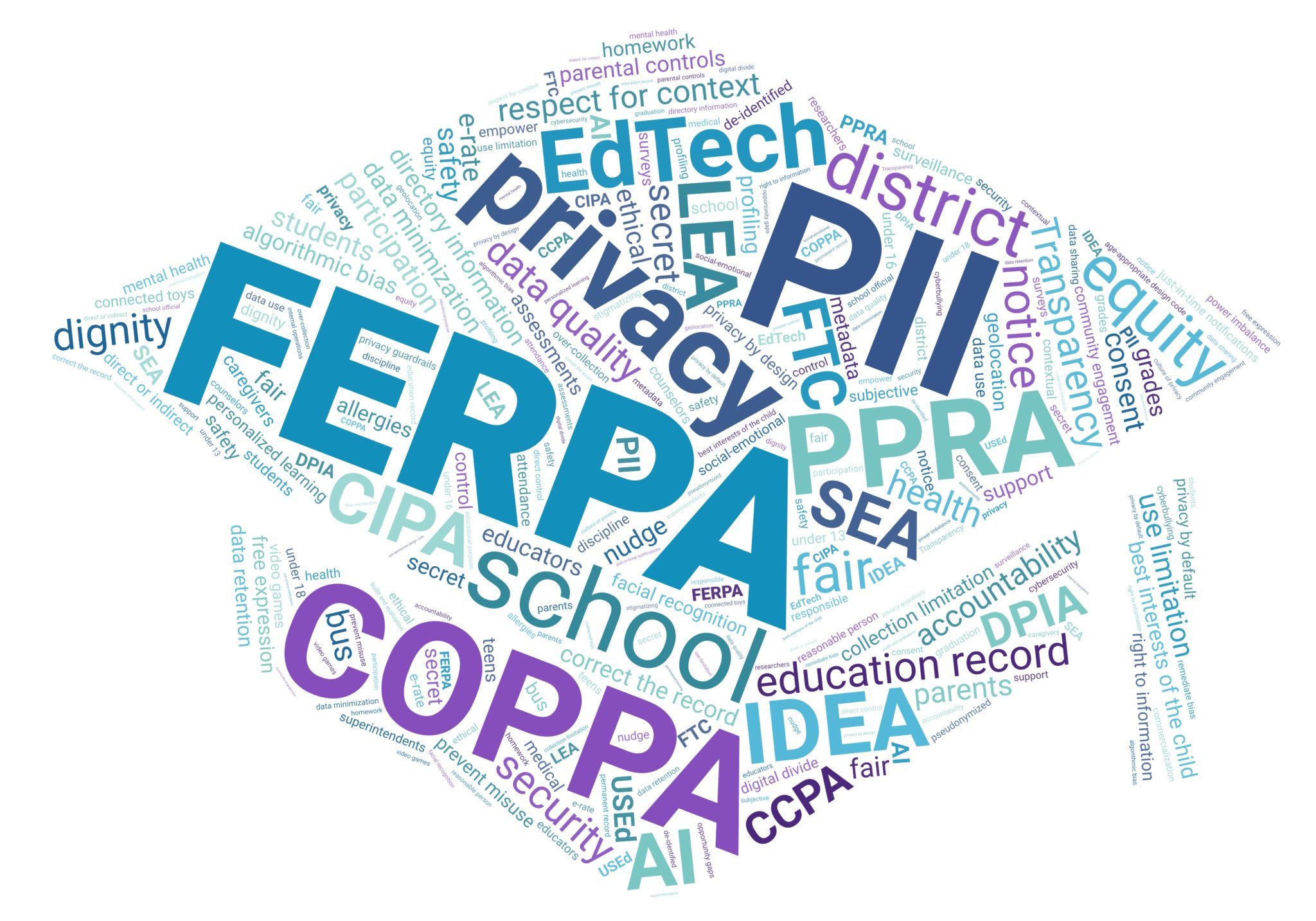
What We Do
Our vision is that high-impact stakeholders at every tier will have the information and tools necessary to protect all children’s fundamental right to privacy. By educating and equipping high-impact groups and fostering a culture of privacy, PIPC will help create an environment where all children will enjoy privacy-protected benefits of emerging technologies and data use.
The Team
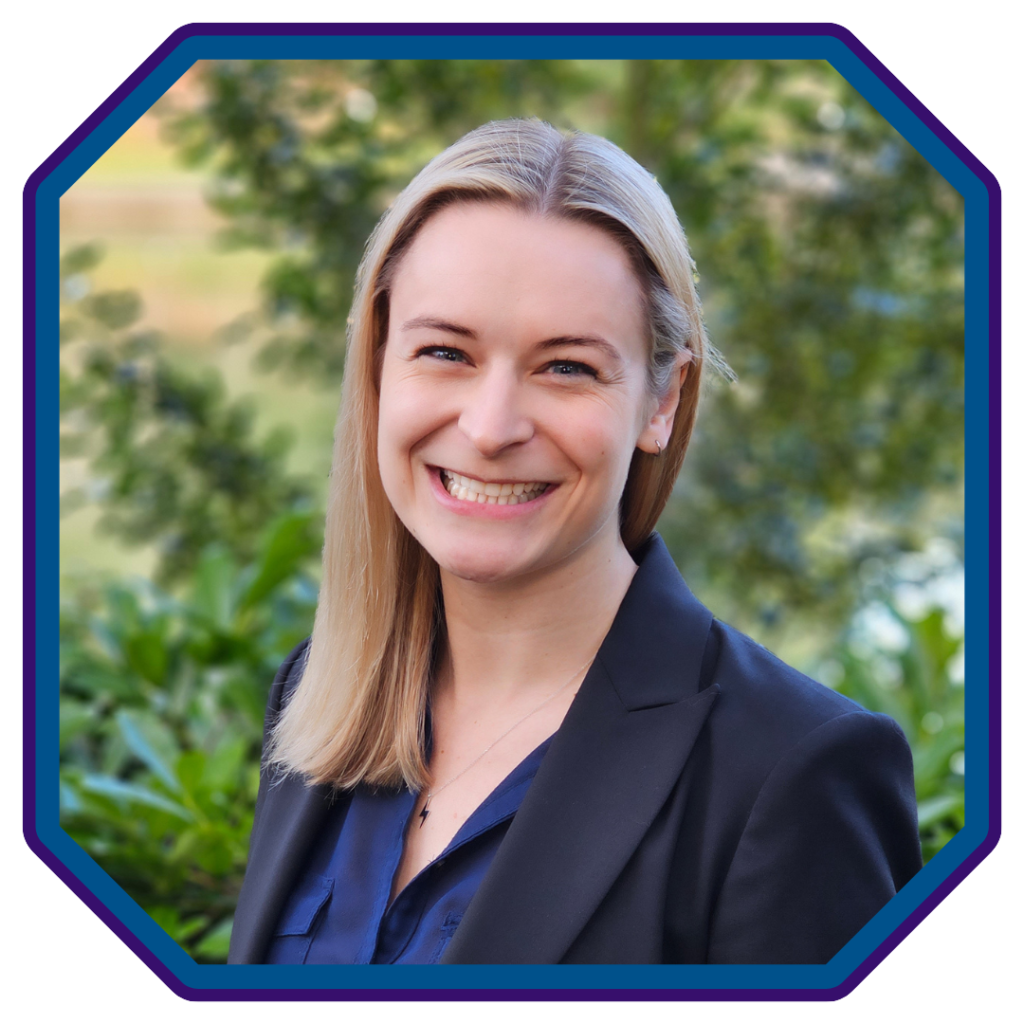
Jessica Arciniega
Jessica Arciniega is an Ethics and Privacy Counsel at PIPC

Katherine Kalpos
Katherine Kalpos is the Vice President of PIPC
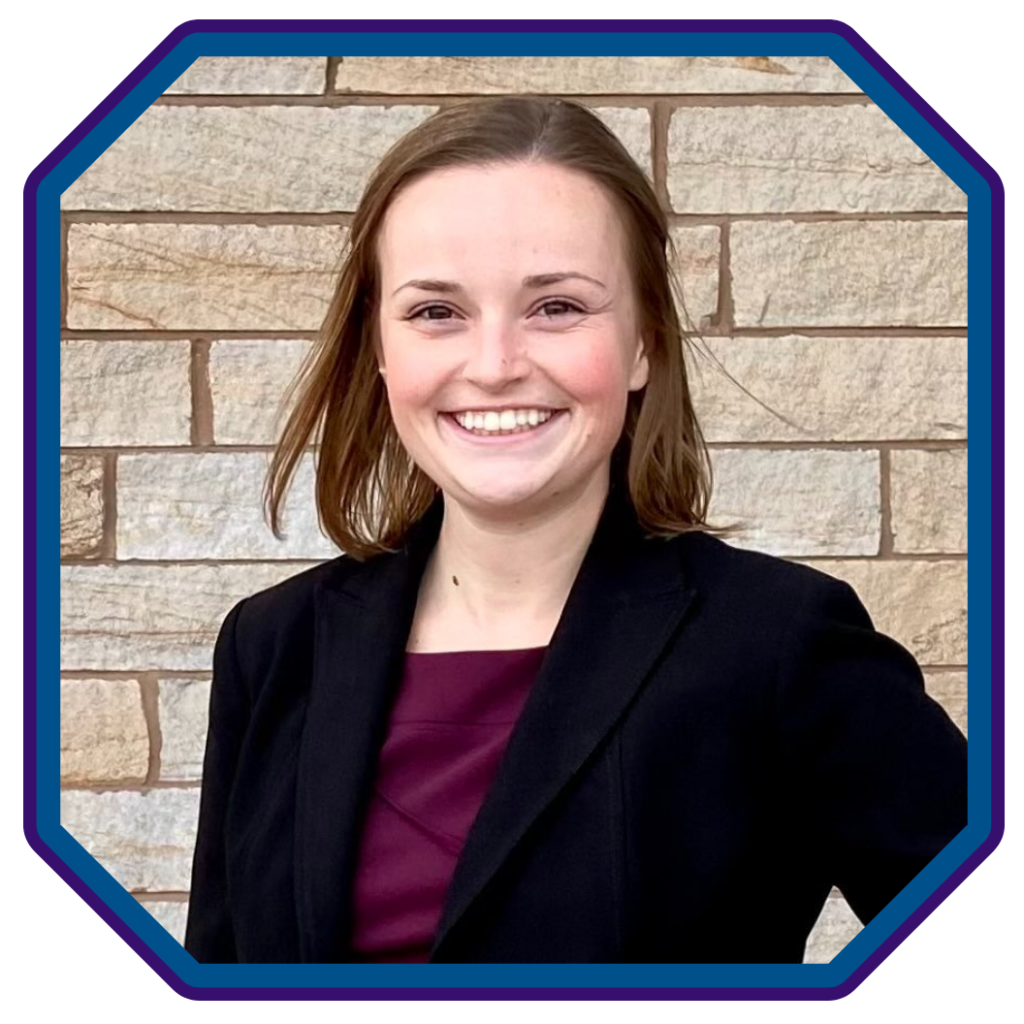
Morgan Sexton
Morgan Sexton is an Ethics and Privacy Counsel at PIPC
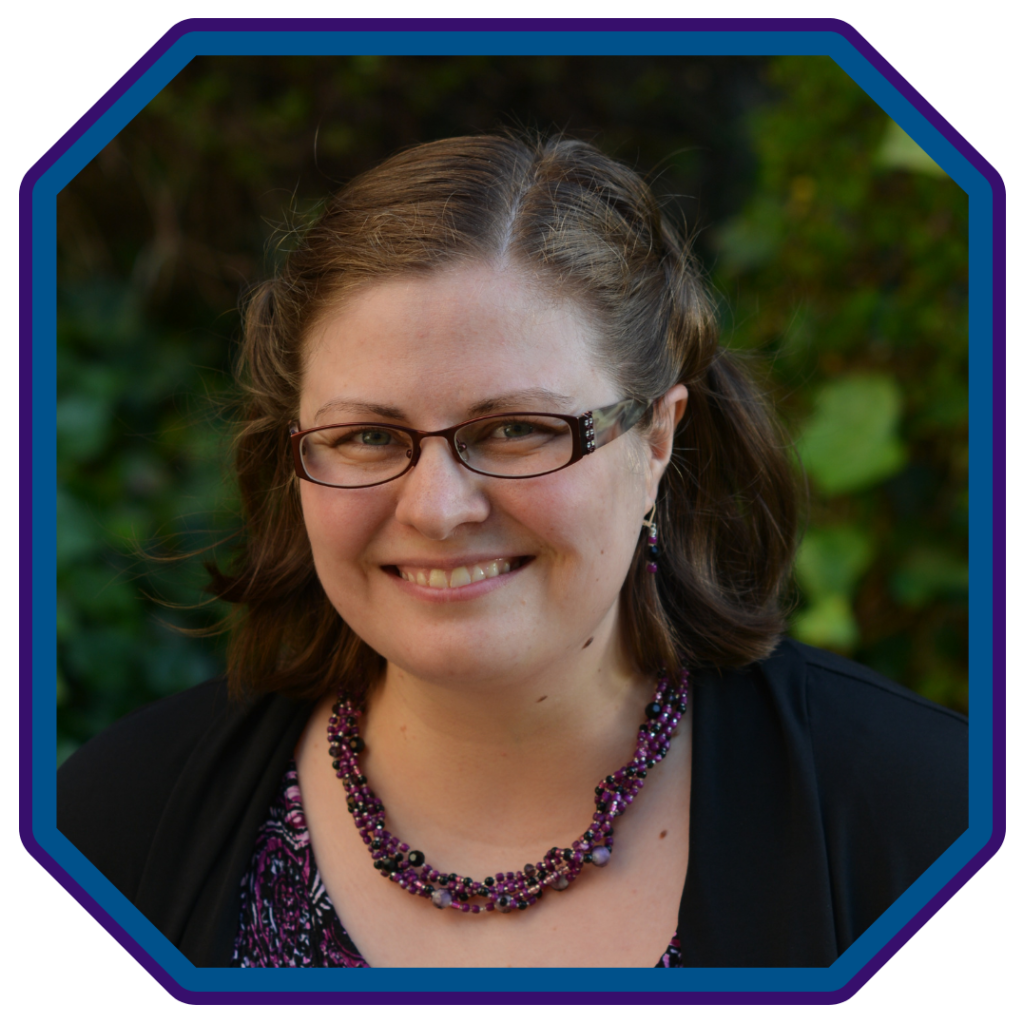
Amelia Vance
Amelia Vance, a globally recognized expert in child and student privacy, is PIPC's Founder and President

Our Funders
Our work is made possible through AASA, the School Superintendents Association, PIPC's original fiscal sponsor, and by philanthropic grants, contributions, and contracts from the following organizations:
Bill & Melinda Gates Foundation; SETA-ED in partnership with the Advanced Education Research & Development Fund; the Urban Institute; the Access 4 Learning Community; and VoiceThread.
We are also grateful to the following organizations for their past support:
Common Sense Media; Data Quality Campaign; WestEd's Data Integration Support Center; Educating All Learners Alliance in partnership with New America


